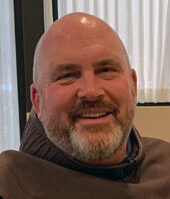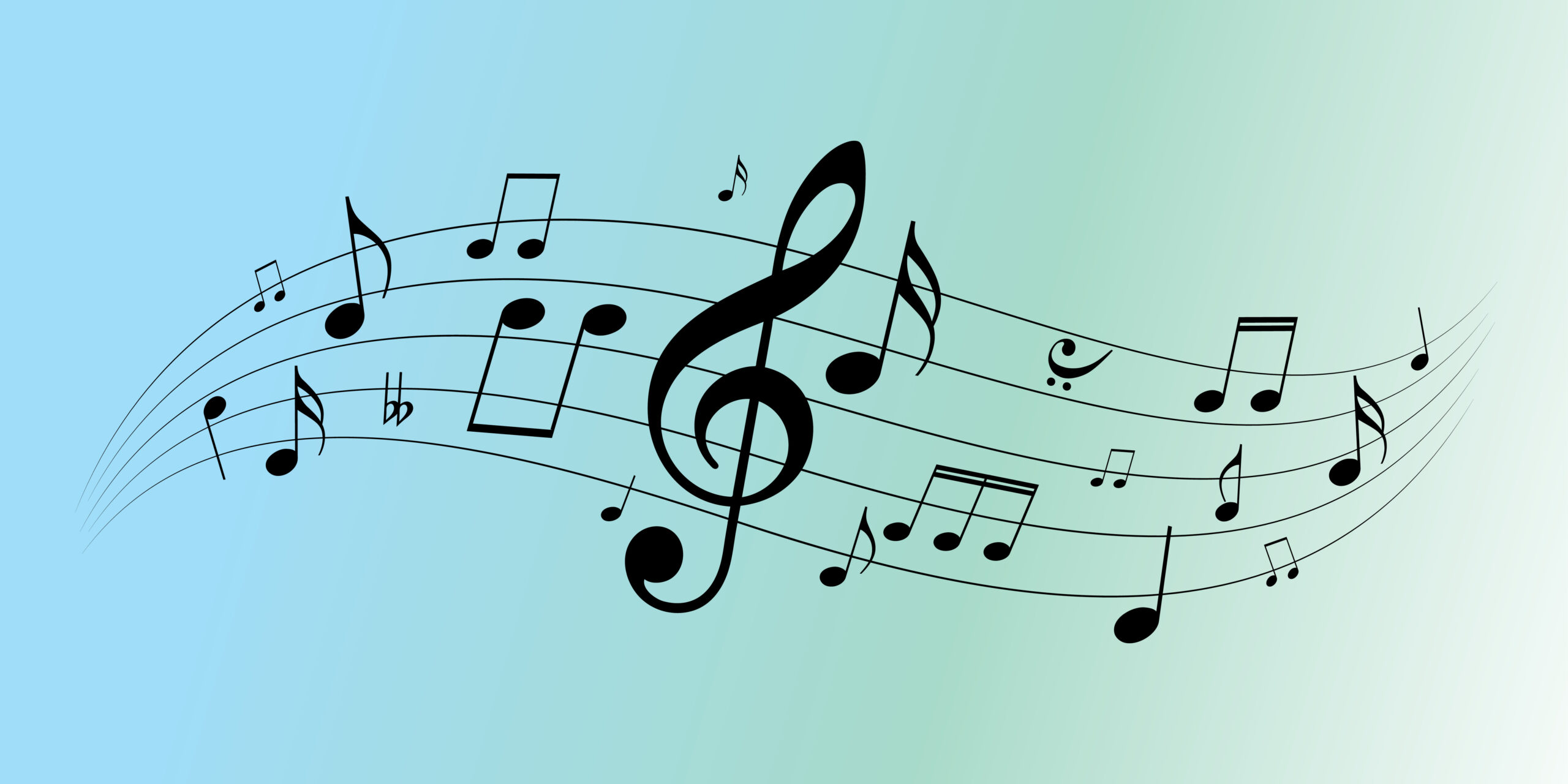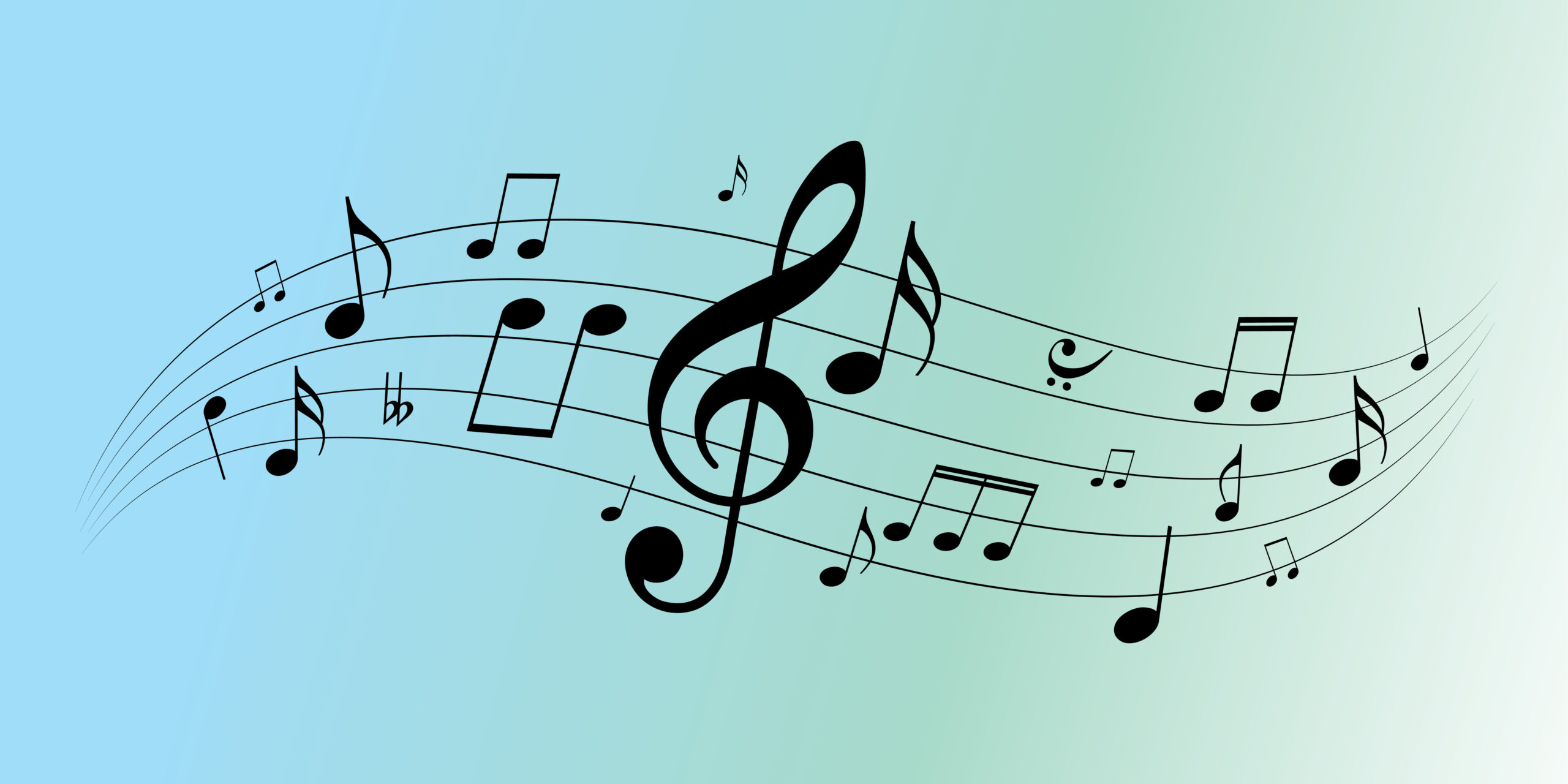Originally published in the GIA Quarterly, Volume 35, Issue 2
Integrating Liturgy into the Ministry of Liturgical Musicians
Jim Sabak, OFM
MUSIC IS INTEGRAL TO LITURGY. There is no debating this point. From its earliest expressions Christian liturgy has been musically inclined, with some liturgical historians positing that most likely celebrations of the Eucharist and other sacramental events in the Early Church were more sung than spoken enactments. Song and singing allowed the assembly to commune with the divine in a language distinct from daily spoken exchanges. Hence, music and musicality in liturgy became synonymous with the divine.
THE ROLE OF MUSIC IN LITURGY
This sentiment carried over into various documents, which sought to emphasize and affirm the role and function of music in liturgy. Musicam Sacram (1967), from the Congregation on Divine Worship, outlined the norms for liturgical reform in sacred music in accord with the direction of the Constitution on the Sacred Liturgy (1963). The document affirmed: “A liturgical service takes on a nobler aspect when the rites are celebrated with singing.” It elaborates, “This form of celebration gives a more graceful expression to prayer and brings out more distinctly the hierarchic character of the liturgy … [achieving] a closer union of hearts through the union of voices” (MS 5). Music in Catholic Worship (1972) expanded the nature and understanding of liturgical music where it states, “The function of music is ministerial … [It] should assist the assembled believers to express and share the gift of faith that is within them and to nourish and strengthen their interior commitment of faith” (MCW 23).
As a ministerial function of the liturgy, music and thereby musicians must be treated with utmost respect and support. Because the role and presence of music in the liturgy adds so much to the experience of the liturgy, musicians and music directors become highly sought after individuals for parishes. A fully spoken liturgy can work and does achieve its goal, but music enables, as Musicam Sacram stated, “a more graceful expression to prayer.” A steady diet of spoken liturgy may not permit the heart to soar in ways that music and song may enable. Of course, this also implies that the musician is capable and that the music is performed well.
THE UNIQUE MINISTRY OF LITURGICAL MUSICIANS
The necessity of a musician to satisfy and to help facilitate the preparation of lively and engaging liturgical experiences becomes a priority among parish hiring needs. Much is placed upon this individual to shape the liturgy, and often there is an expectation to direct the progress of the liturgy. These expectations can place upon the musician a stress that goes beyond performance and direction of cantors and choirs. Additionally, it may create the sense of a liturgical musician as a “co-presider” at liturgy and with some requirement to prepare and organize liturgical services that go beyond the musical elements. A director of liturgical music, in many instances, may also need to become a director of liturgy.
These expectations and even assumptions placed upon the role of liturgical musicians create an interesting dilemma. The unique competencies of a musician cannot be replicated in just anyone, and it is very true that carrying a tune, let alone being able to play an instrument, is not a gift given to everyone. Thus, a dilemma faces pastors and parishes: is the need for a musician greater than the need for a liturgist?
It is the case that many parishes decide in favor of a liturgical musician over that of a liturgist. What further exacerbates this dilemma is the tendency for parochial clergy to see themselves as filling the role of liturgist. Unfortunately, the liturgical education of clergy in seminaries is still woefully inadequate and does not truly satisfy the Constitution on the Sacred Liturgy’s requirement that “The study of sacred liturgy is to be ranked among the10
compulsory and major courses in seminaries and religious houses of studies; in theological faculties it is to rank among the principal courses. It is to be taught under its theological, historical, spiritual, pastoral, and juridical aspects” (CSL 16). This situation leaves many clergy with an ability to perform the rites but without full or a fuller appreciation for what the performance of the rites does. In the end, and as cost-conscious as so many parishes must be currently, the idea of hiring two individuals—for liturgy and for music—is very rare if not impossible.
RECOGNIZING DISTINCT MINISTRIES
While pastors, then, will opt to hire a musician to fulfill the task of both music and liturgical coordinator for the liturgical life of a parish, what is not realized (or what might persist as willful ignorance) is the reality that these are two distinct ministries. Each is predicated upon a different set of skills and theory, and while there is overlap, it is truly a disservice to the individuals and to the parish to link them as one. Some might even propose that since musical ability is tooled for both religious and nonreligious contexts, liturgical expertise fits only into the former.
Many parishes have fantastic musicians whose abilities to translate music into profound statements of praise and worship may indeed lift the hearts and minds of the faithful to God. At the same time, many of these individuals may be ignorant of the basics of liturgy. Many schools where sacred music is taught may not require courses in liturgy, and even those that do may only require one or two courses. Failing to establish a connection between music and liturgy deprives liturgy of beauty and limits the impact of music to only an art form. Liturgical musicians are thereby put at a disadvantage. Without a comprehensive exposure to the richness of the liturgy and of its purpose and effect in the lives of believers, liturgical music remains stuck at the level of providing a service to liturgy rather than being received as integral to liturgy itself. Hence the strange revival of ideas of the “Low Mass”—that which was spoken and not sung in the pre-conciliar rite—expressed in the “quiet Mass,” which I have witnessed as the early Sunday morning Eucharist. This revival is often promoted by parish donors who dislike music at the Mass.
THE IMPORTANCE OF COMPREHENSIVE LITURGICAL UNDERSTANDING
Lacking knowledge of the dynamics of liturgy obviously places musicians in a very challenging position. The question may be rightly raised as what this lack may cause for the liturgical musician in preparing for a Sunday liturgy or for any other liturgical celebration. Music chosen because it “sounds nice” may not fully capture the rhythm of a particular Sunday brought out in its readings and its prayer texts.
A short-term remedy such as regular discussion between pastoral clergy and musicians on themes present in the readings or the prayers of a given Sunday might alleviate this challenge. Still, the situation reveals that more work on education and catechesis on the liturgy needs to be undertaken. I have happened upon musicians who have been on parish staffs for many years who were ignorant of the Liturgy of the Hours. When asked to prepare a sung evening or morning prayer, we realized that the lack of acquaintance with this form of liturgical prayer by the musicians was going to necessitate some education on the Liturgy of the Hours.
On the other side of this discussion, the phenomenon of liturgical musicians who believe that music is best left to those who can sing and perform it well while most of the assembly passively watches is also contrary to aims and desires of full, active, and conscious participation envisioned by the Constitution on the Sacred Liturgy. Musicians who also fall under the sway of less progressive clergy can be led to believe that music of a past period in liturgical history is the only music worth the church’s time and fail at being a counterweight that might offer a better and balanced approach to liturgical encounter.
What this discussion has hopefully revealed is that liturgical musicians can benefit from a deeper appreciation of the fundamentals of liturgical theory and liturgical theology. The ministry of the liturgical musician touches upon all aspects of liturgy, and while not a “co-presider” in the liturgy, the liturgical minister functions as a key if not primary companion to the presider and the assembly on the liturgical journey. Without a keener and fuller appreciation of the intent and effect of liturgy, the liturgical musician can only skim the surface of the profound nature of liturgy and liturgical ministry.
What complicates this hope is the realization that such a benefit may be difficult for students of sacred music whose class schedules may not allow for additional course material. Then there are those parishes that hire musicians who have no formal training in sacred music but are hired because they are excellent musicians. In either case, it must be acknowledged that when it comes to liturgy, musical excellence is always placed in service of drawing the faithful closer to understanding and integrating the mystery of Christ in their own lives. This can only be satisfied with a full, conscious, and active integration of the principles of liturgical celebration into the ministry of music.

FR. JIM SABAK, OFM, is director of worship for the Diocese of Raleigh, North Carolina. He has taught at Siena College, the Catholic University of America, and the Franciscan School of Theology. Fr. Jim has written for Worship, Studia Liturgica, and Horizons, and he is a regular contributor to the Pray Tell blog.







